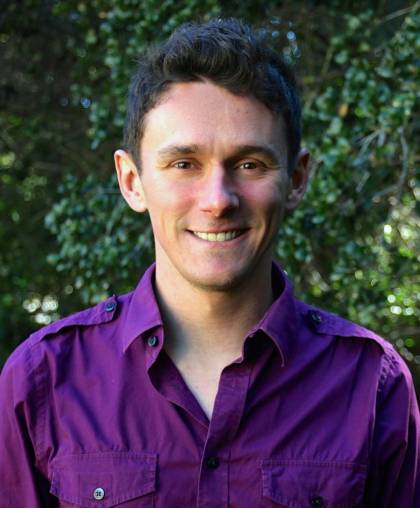Faculty Expert Profile
Scot Miller
- Assistant Professor of Environmental Health and Engineering
Expertise
Affiliations
- Whiting School of Engineering
Languages spoken
- English
Scot M. Miller, an assistant professor of environmental health and engineering, studies the emissions of greenhouse gases and air pollutants. His lab, the Greenhouse Gas Research Group, uses observations of greenhouse gases collected from airplanes, towers, and satellites to estimate emissions across individual states to continents.
His recent projects focus on global change in the Arctic, greenhouse gas emissions from agriculture, and emissions from energy industries (such as coal, oil, and natural gas). Miller's work also utilizes statistics, high-performance computing, and tools for big data. A 2019 paper he coauthored in Nature Communications demonstrated that China's coal mine methane regulations have not had a detectable impact on the country's emissions.
Miller holds a grant from the National Aeronautics and Space Administration (NASA) to study carbon dioxide sources and sinks using the OCO-2 (Orbiting Carbon Observatory 2) satellite. This is a joint project with Northern Arizona University, the Carnegie Institution for Science, and the National Oceanic and Atmospheric Administration (NOAA). In 2018, Miller and Sarah Jordaan of Johns Hopkins' School of Advanced International Studies received a Johns Hopkins Discovery Award to study trends in methane emissions from oil and gas infrastructure in the United States.
Miller has won numerous awards and fellowships, including a Carnegie Distinguished Postdoctoral Fellowship in 2015, a Harvard Certificate of Excellence and Distinction in Teaching in 2014 and 2015, and an American Geophysical Union outstanding student paper award in 2011. He is a member of the NASA Science Team for the OCO missions to provide space-based observations of atmospheric carbon dioxide.









